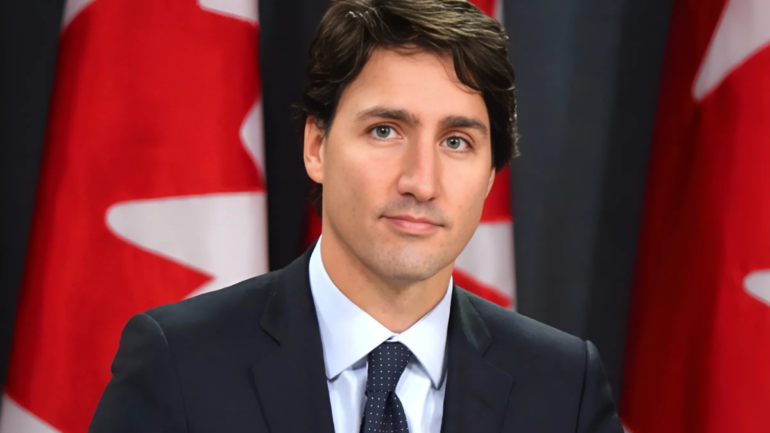In a stunning political development, Justin Trudeau has officially resigned as Canada’s Prime Minister, bringing his tenure to an unexpected close. The announcement, made during a press conference in Ottawa, has left Canadians and the global community grappling with the implications of this leadership change.
Justin Trudeau, who has served as Prime Minister since 2015, cited personal reasons and a desire to prioritize family as the driving factors behind his decision. However, political analysts suggest that recent challenges, including declining approval ratings, economic concerns, and mounting criticism over his handling of domestic and international affairs, may have contributed to his resignation.
A Legacy of Polarizing Leadership
Justin Trudeau’s tenure has been marked by significant achievements and controversies. He championed progressive policies such as legalized cannabis, enhanced climate action, and a focus on diversity and inclusion. However, critics have pointed to ethical scandals, tensions over natural resource management, and allegations of mishandling Indigenous relations as blemishes on his record.
Trudeau’s charisma and progressive vision ushered in a wave of optimism when he first took office. Yet, his time in office has also been a polarizing chapter in Canadian politics, with some hailing his inclusive leadership style while others decry what they see as inefficiency and missteps.
What Happens Now?
Trudeau’s resignation triggers a leadership race within the Liberal Party, with Deputy Prime Minister Chrystia Freeland emerging as a potential successor. Freeland, known for her work on international trade and pandemic response, has yet to confirm whether she will throw her hat in the ring.
The Conservative Party, led by Pierre Poilievre, has seized the moment to criticize Trudeau’s leadership and position themselves as ready to govern. With a divided electorate and economic concerns on the rise, Canada may be heading toward an early general election.
Challenges Ahead for Canada
Trudeau’s departure comes at a critical time for Canada, which is grappling with key challenges such as housing affordability, inflation, healthcare system strain, and environmental policy debates. The incoming leadership will face intense scrutiny as Canadians demand solutions to these pressing issues.
The International Perspective
Globally, Trudeau’s resignation raises questions about Canada’s diplomatic posture. Under his leadership, Canada played a significant role in promoting multilateralism and addressing global issues like climate change and gender equality. As the political landscape shifts, allies and partners will watch closely to see how Canada navigates this transition.
The Road Ahead for Canada
Justin Trudeau’s resignation marks a pivotal moment in Canadian politics, leaving many to question what’s next for the nation and the Liberal Party. With his departure, the stage is set for a political reshuffle that could redefine Canada’s leadership and direction. As new contenders emerge and the country prepares for potential early elections, this developing story is sure to unfold in unexpected ways.
What are your thoughts on Trudeau’s resignation and the future of Canada’s political landscape? Share your views in the comments below and stay tuned for updates on this breaking story.
Follow MEFeater on Twitter, Instagram, Facebook, and Pinterest for more international news and updates.




